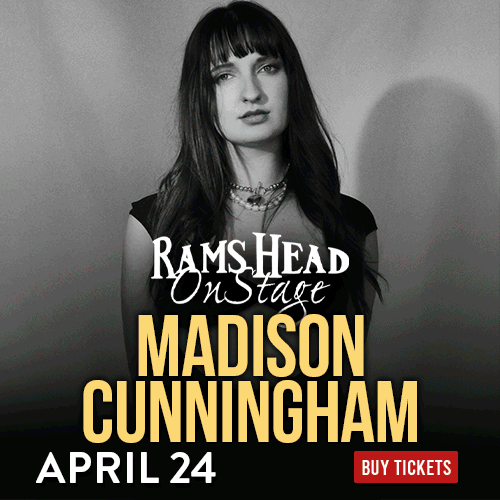
 Headed to the beach this summer to catch some waves? If you want to become a better surfer in just a couple of days take note of the most common surfing mistakes beginners make. By avoiding these mistakes you will progress faster and be catching waves in no time. Don’t make surfing harder than it should be, it should be fun and relatively easy to learn for most new surfers.
Headed to the beach this summer to catch some waves? If you want to become a better surfer in just a couple of days take note of the most common surfing mistakes beginners make. By avoiding these mistakes you will progress faster and be catching waves in no time. Don’t make surfing harder than it should be, it should be fun and relatively easy to learn for most new surfers.
Buying the Wrong Board
The number one mistake beginners make is to buy the wrong board. When you start out surfing the best thing to do is to not buy a board at all. Borrow a beginner-friendly board from an experienced surfer or rent one from a surf shop. This will help you out when you start. After mastering the basics you will also have a better idea as to what type of board works for you and your local conditions.
The best idea is to start with a large wide board with lots of volume. Small high-performance boards only plane (stay on the water) when they have some speed on the wave. They are also very hard to balance on. Your local surf shop will have both soft-top and hard-top boards available as rentals. Large soft boards with lots of volumes will be easier to balance on and easier to just float on as well.
Larger boards will also turn and react slower which gives you some time to correct any issues. Shortboards will be more reactive and need faster reflexes as well as an experienced surfer to control them. Larger boards will also most likely have a single fin further to the back. This means they will stay in a straight line easier when surfing. High-performance boards will have the fins closer to your center of weight and will turn very quickly. This can catch beginners off guard.
Learning by Yourself
Don’t tackle learning to surf by yourself. The best idea if you don’t already know a good surfer that is also a patient teacher is to join a surf school. An instructor from Santa Barbara Surf School emphasizes that learning from experienced teachers will help you progress much faster as they know what to look for when correcting techniques in beginners. It is also crucial to your safety not to surf alone until you are experienced and very comfortable with the ocean. Some surfers prefer never to surf alone due to safety concerns. To hone your skills when the waves are not favorable to be on the water, this website offers a great online program to keep you sharp.
Not Staying Away from the Big Breaks
When learning to surf, stay away from the big breaks where the experienced surfers go. Look for a beginner-friendly beach where the surf is of a manageable size for your skill level. Your local surf school will know the best places to start. Even after completing your lessons with the school, it is a good idea to stick to the same spot until you are more experienced.

Not Learning to Read the Ocean
Your surfing instructor will also help with this, but take the time to study the ocean. When you get to a new beach spend some time just looking at the waves. Check where the younger and beginner surfers paddle out. See if there is an easier route out to the waves without going straight through the whitewater. Look for any rip currents that might be an issue. See where the other beginner surfers sit and wait for waves to roll in.
 Not Practicing Paddling Out
Not Practicing Paddling Out
Practice being comfortable lying on the board and paddling out. Practice different ways of getting through the whitewater. Take it easy in the beginning and rest often. Paddling out can be tiring. Also, get comfortable sitting on the board waiting for waves to roll in.
Not Practicing Your Popup
Practice your popup on the beach. Take the fin or fins off the board or bury them in the sand to not get them damaged. Lie down on the board and practice the correct popup technique. Your instructor will help with this.
Practice it until it becomes second nature and you don’t have to think about it. Get your hand under your shoulders for the popup and then quickly get your feet under your body weight. Keep your knees bent and your center of gravity low. Don’t forget to look up and not down at the board.
Not Wearing a Leash
For safety always wear a leash. This is crucial for your safety as well as for other beachgoers. You don’t want to hit somebody on the head with a runaway board. Also if you are tired being able to get to the board easily is great. Large beginner boards have a lot of volumes that float well. You can hang on to the board like a large floatation device to get a rest from paddling and surfing.
Improper Surfing Outfit
It is recommended for beginners to always wear a wetsuit. Not only will it help with not getting chafed on the board, but it will also help you float. Swimming is much easier in a wetsuit. This adds another layer of safety.
Don’t forget to have fun. Don’t push yourself too hard when you start. It is a new sport and your muscles will need to get used to this new exercise. Being overly tired in the surf is not a good idea. Take frequent breaks and make sure you have enough power and energy to stay out of trouble.











































